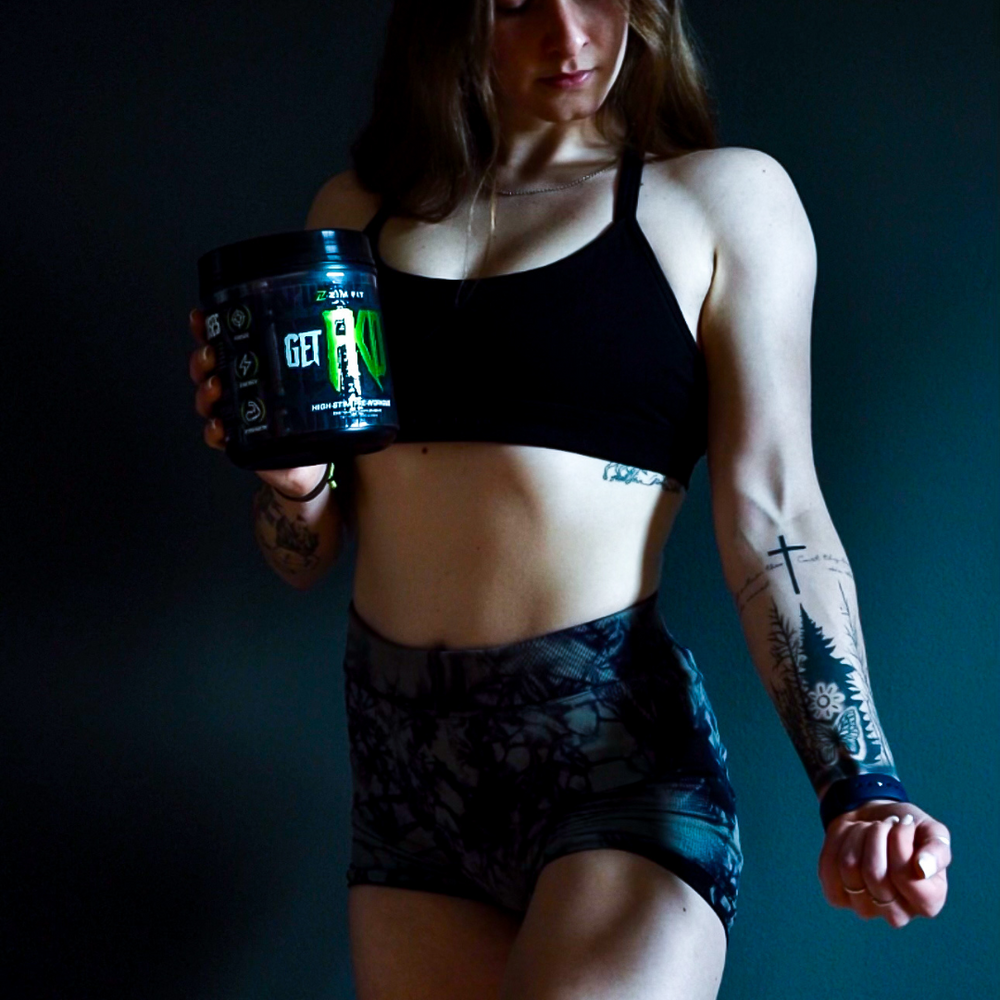Creatine Supplements: Unraveling the Facts Behind the Fitness Hype
Creatine stands tall as one of the most extensively researched nutritional supplements. As an effective performance booster, it aids in enhancing strength, endurance, and even cognitive function. Amidst the buzz around creatine supplements, misconceptions abound, making some believe it's a shortcut to getting ripped in no time. If you're keen to understand the truth behind the hype, this article unravels everything you need to know about creatine.
What is Creatine?
Creatine, a naturally occurring amino acid, plays a crucial role in energy production within the body. It's primarily synthesized in the liver and kidneys, and found in dietary sources such as fish, beef, and chicken. Widely recognized for its performance-enhancing benefits, creatine supplements have gained considerable popularity among fitness enthusiasts. However, it's essential to debunk the myth that creatine is a magic pill for instant muscle growth.
Understanding How Creatine Works
Creatine metabolizes into creatinine in the liver and gets eliminated through the urine. This process is entirely natural and poses no harm to the body. Creatine's ability to augment strength and muscle mass is attributable to its role in ATP (Adenosine Triphosphate) production. ATP, the energy currency of cells, fuels all bodily functions, including muscle contractions. Creatine supplementation can potentially increase ATP levels by up to 40%, thereby enhancing your ability to lift heavier weights, sprint faster, and think more lucidly. However, it's noteworthy that creatine doesn't contribute to fat loss but supports muscle growth during high-intensity anaerobic exercises.
Should You Include Creatine in Your Fitness Regime?
Yes, indeed! With a plethora of scientific studies backing its benefits, creatine is one of the most reliable fitness supplements available today. Regular creatine intake can help you experience a 5-10% increase in strength and up to a 5% boost in muscle mass. Beyond these physical advantages, creatine also supports mental clarity, athletic performance, and overall energy levels. However, remember that consistent intake is key to maximize these benefits. While a creatine loading phase is a common practice, it's not mandatory.
Possible Side Effects of Creatine Supplementation
Creatine is generally safe, but an initial loading phase may cause minor side effects such as nausea, stomach cramps, or diarrhea due to the abrupt intake of large creatine amounts. Regulating your dosage can help avoid these issues. Around 10% of people, known as non-responders, may experience increased water retention. Additionally, people with diabetes or kidney disease should consult a healthcare professional before starting creatine supplementation and monitor their blood sugar levels consistently. Despite these possible side effects, appropriate dosage management can ensure a safe creatine supplementation journey.
Conclusion: The Truth About Creatine
Creatine stands out as a scientifically proven and efficient fitness supplement. It's a trusted aid for boosting strength, muscle growth, cognitive function, and energy levels. However, individuals with pre-existing conditions like diabetes or kidney disease should consult their healthcare provider before supplementing with creatine. With appropriate dosage and consistency, creatine can be a powerful ally in achieving your fitness goals.









Leave a comment